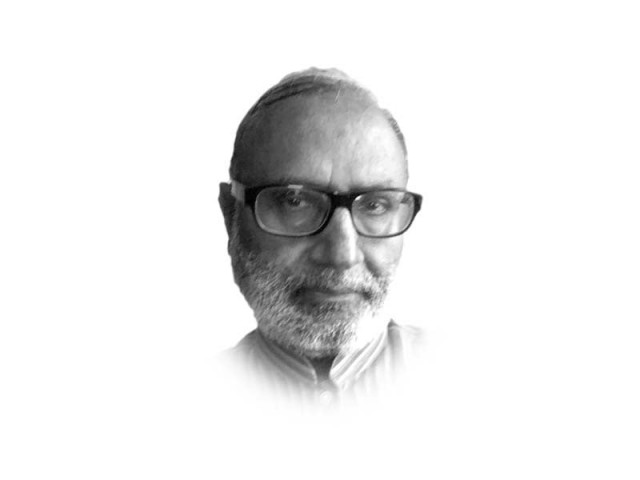The Shandur paradox
The chase of a merger, not the opening of its gate, is more rewarding!

On the eve of Gilgit Baltistan’s Independence Day falling on November 1, the chief minister lamented seventy years of deprivation. All shades of opinion in the area converge to relate it with the dilly-dallying by successive governments in Pakistan for a constitutional merger. The expectation is that integration would accelerate development in this remote region. While the demand for integration has its merit, the optimism about development is ill-founded. Last month, I travelled by road from Islamabad to Chitral, Gilgit Baltistan, and the merged districts of Khyber-Pakhtunkhwa (K-P). The experience reaffirmed the development gap a friend sums up as the Shandur paradox.
The princely state of Chitral merged with the new state of Pakistan as early as 1970. It entered the twentieth century in the twenty-first century when all-weather access was provided by the Lowari tunnel. Beyond the tunnel, going through Ayun, Chitral city, Mastuj, and all the way to the Shandur pass — the famous polo place with all its festivities — are roads in name, bazaars of yesteryears, katcha and muddy walkways, nineteenth-century housing with the poorly clothed residents seen struggling with the mobile phones due to bad connectivity. Cell phones, the tunnel, a university, and the official spaces of military and civil administration are all that there is of modernity. Hospitals are few and far between and schools force the few lucky children to walk long distances in extremely inhospitable terrain. Obviously, girls’ education suffers more than the parental disinclination in these lands. Agha Khan and Sarhad Rural Support Programmes have done patches of good development work, especially in improving access to electricity, but these can never match the resources of the state.
Cross over Shandur, and the scene suddenly changes. You enter Ghizar district of Gilgit Balitistan. The beauty of the area continues, but signs of deprivation begin to fade. A metalled road takes you to as far as the capital city. In fact, the Karakoram Highway had started in the 1970s. An electric grid, modern bridges on the river, and hotels after hotels welcoming tourists appear all the way. Boys and girls in fairly neat uniforms can be seen going to school and women going about their business present a striking difference. Houses improve and quite a few grander than expected. Billboards announce health facilities more frequently. As you near Gilgit, it gets brighter and brighter. Gilgit city is becoming a capital like any other in the country: Wide roads, malls, high rises, traffic jams showing all car makes, a modern secretariat and other official buildings.
The merged districts of K-P recreate the Chitral story. I could just visit Khyber and Orakzai, as peace continues to elude the other five. The moment you enter from Peshawar and Kohat, you feel the time has reversed into the Middle Ages. Except for the main arteries built for strategic purposes and new government buildings coming up, there is dust, dirt, and drought of basic necessities and services. People remember jirgas for quick dispute resolution and political agents for decisions on the spot rather than waiting for nods from Peshawar. In case they exist walkably close, schools without teachers and health facilities without doctors spoil the show. Distorted development priorities are reflected in the three highest budgetary increases for construction-oriented industrial estates (38%), higher education (34%), and local governments (15%). Allocations are bloated to the extent of unrealisable NFC share.
So Gilgit Baltistan walo, think before you leap into a merger. The chase of a merger, not the opening of its gate, is more rewarding! Anthropologist-turned economist Hirschman’s VOICE is an end in itself.
Published in The Express Tribune, November 5th, 2021.
Like Opinion & Editorial on Facebook, follow @ETOpEd on Twitter to receive all updates on all our daily pieces.














COMMENTS
Comments are moderated and generally will be posted if they are on-topic and not abusive.
For more information, please see our Comments FAQ